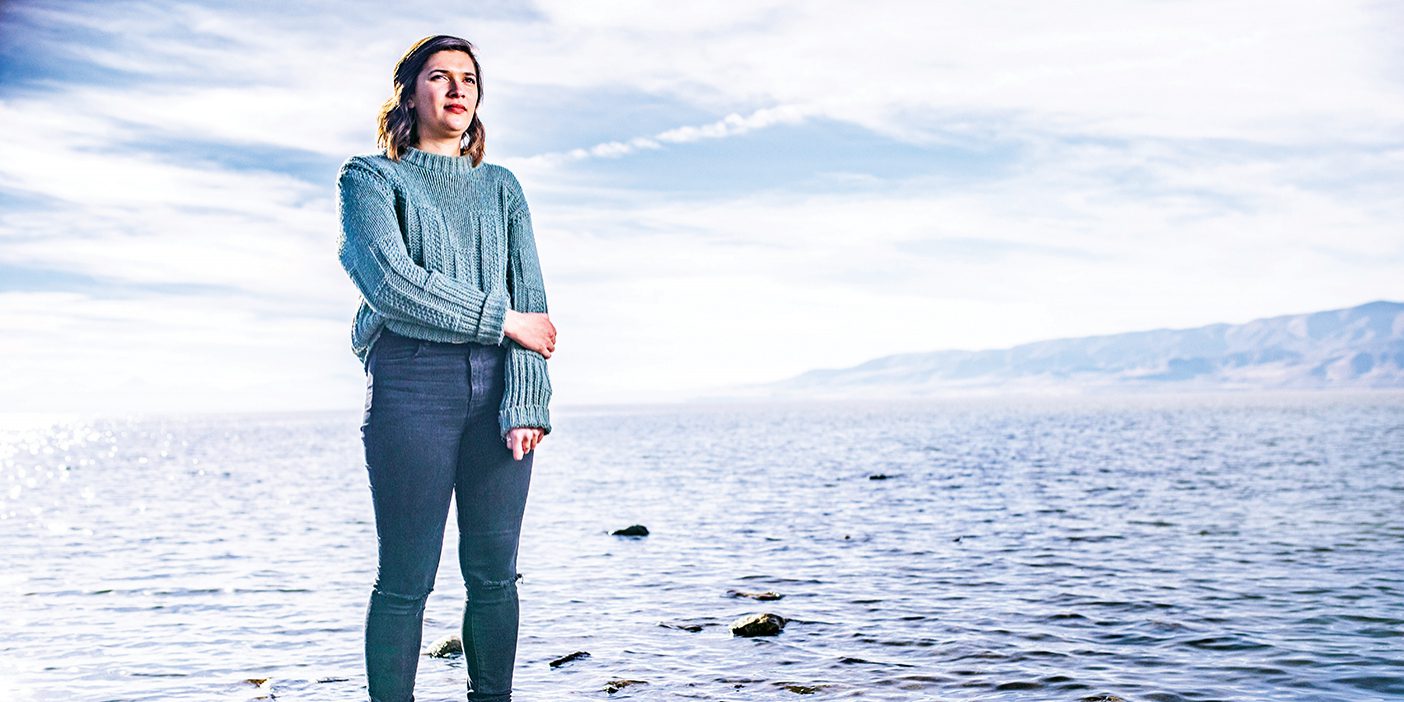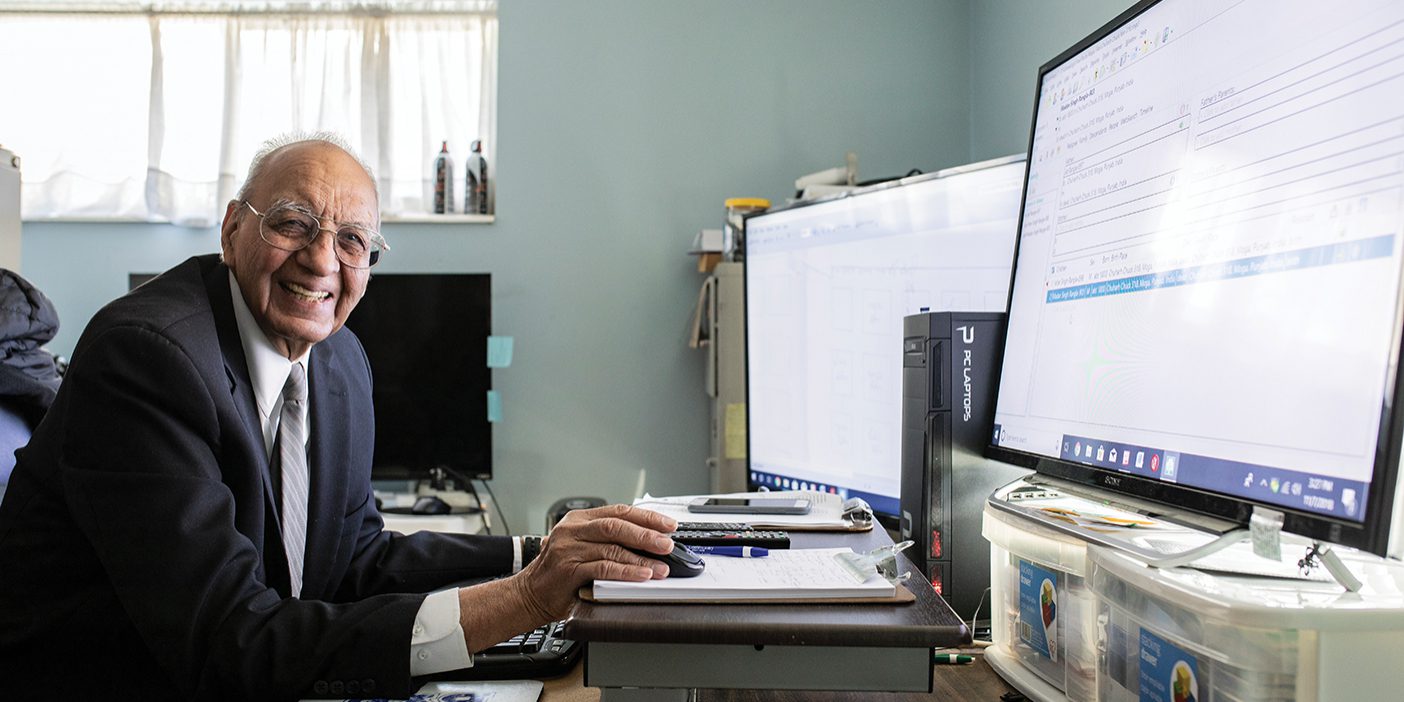
Astrid Tuminez (BA ’86) grew up in a grass-roofed hut in Iloilo, Philippines. Today she is the president of Utah Valley University, Utah’s largest university. In between lay a chance education by Catholic nuns, conversion to the gospel, mastering six languages, a PhD, marriage and family, and jobs around the globe. At BYU she studied Russian and international relations. “I had dreams in my head that anything was possible at BYU,” she says, recalling her youth. “I brought who I was and what I was, and then BYU gave me all these opportunities to excel.”
“A pivotal moment in my education came when I was 11. I had a teacher who was like a goddess to me. She was beautiful, had the best clothes, and her shoes always matched. I was so poor, had ugly clothes and horrible, cheap plastic shoes. She saw my potential and had me grade sixth-grade essays and conduct a speech festival. She gave me clothes and nice shoes. That transformed my identity as a little girl. I gained confidence. Like my teacher, I realized I could have frilly things and be smart and strong at the same time.”
“As an international student at BYU I felt daunted, but I found mentors early on. I lived in the French and Russian houses for all but maybe two semesters. I worked 20 hours a week and took as many as 18 credit hours.”
“Choosing what I wanted to do was a zig-zagging journey. I thought I was going to be a chemical engineer, so I signed up for advanced-mathematics courses. I’m very competitive, so as soon as I knew I could not solve math problems the fastest, I just thought, ‘This is not my talent here.’ I thought maybe I should become a doctor—but I didn’t want to dissect a large animal. I just drew the line there.”
“Meeting [Russian professor] Gary L. Browning (BA ’65) was a life-changing moment. He hired me for the office because I aced the spelling test, even though I flunked the secretarial test. He didn’t give up on me. He insisted that we speak only Russian. That was so intimidating. I thought I would die. Before I went to his office, I’d memorize phrases in my head.”
“Students should throw out the idea of perfection. I remember walking from the Jesse Knight Humanities Building, crying all the way to the Russian house because I had gotten an A-minus in political-science methodology. I laugh about it now, but I was so hard on myself. Perfection is the enemy of good.”
“Nurture an everlasting curiosity about yourself, your world, the human brain, countries, economics, art, and politics. If you do not have curiosity, you close yourself off to the wonder of life and the world we live in. Nurture your curiosity about everything different from you.”
“Persevere; things don’t always come easy. Research shows it’s not your IQ or overall leadership quality that makes you succeed; it’s your ability to persevere and have grit. Never give up. Learning is not fixed, so keep a growth mindset. We should not give up because we’re not comfortable or things are particularly challenging. Ask for help from a peer, from your advisors, from your professors. Don’t be afraid; don’t be ashamed. Take it a day at a time.”
“How do I solve problems? The first thing I ask is, ‘Am I capable of solving this?’ If yes, then I just solve it. If not, then I think, ‘Who can I ask to help me solve this problem and what do I need to learn?’ When I became a biotech-venture-capital investor, I had no idea what apoptosis meant, and everybody was using that term. So I signed up for a course on neuroscience and molecular biology and read a lot. Apoptosis means cell death.”
“I had a friend in Singapore who taught me this beautiful prayer. You get on your knees and you say, ‘Dear God, I bring to you . . .’ and name everything you bring to God: ‘my shame, my anger, my frustration.’ And then you just say, ‘You’re in charge, take it.’ It feels so good. Every time I did that . . . it felt so good to say, ‘I’m not in charge,’ because why do I have to be in charge of everything? I’m imperfect, and there’s no shame in that.”












